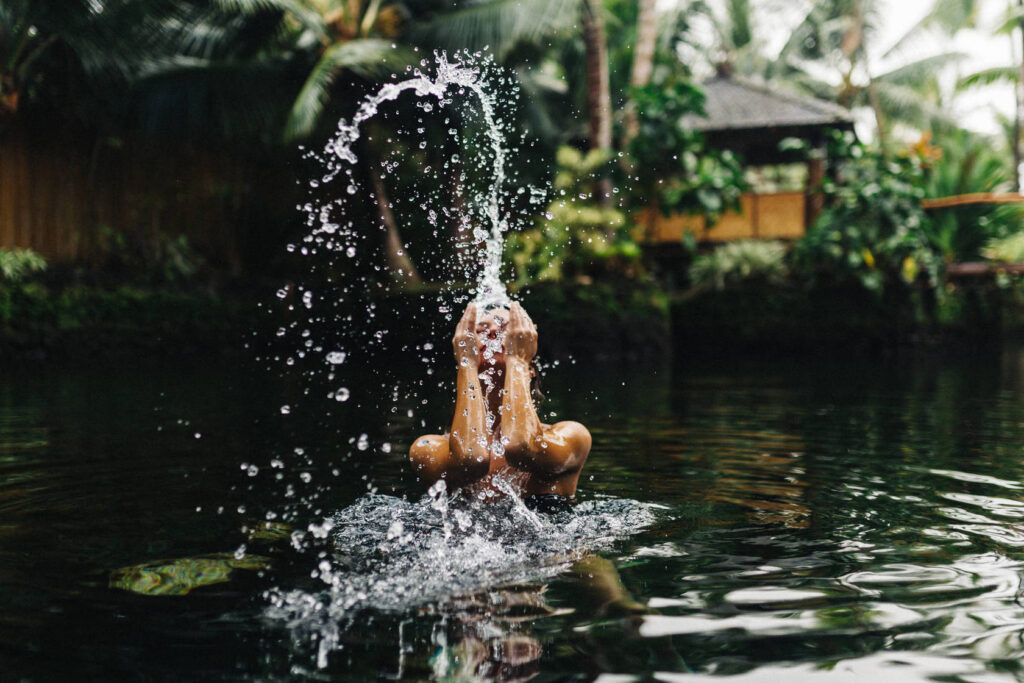Learn how to potty train your puppy in just 7 days with our step-by-step guide. Master the process with expert tips, techniques, and essential potty training supplies.
How to Potty Train Your Puppy in 7 Days
Bringing a puppy home is a joyous experience, but it comes with responsibilities—potty training being one of the most important. With consistency, patience, and a clear plan, you can teach your puppy to do their business in the right place within a week.
Why Potty Training is Essential
Potty training your puppy helps them adapt to their new environment and prevents accidents indoors. It establishes routines and reinforces good behavior, creating a cleaner and more harmonious household.
Day-by-Day Potty Training Plan
Day 1: Set the Foundation
- Choose a Potty Spot: Pick a designated outdoor spot for your puppy to use consistently.
- Stick to a Schedule: Take your puppy outside first thing in the morning, after meals, and before bedtime.
- Use a Cue Word: Say “Go potty” or a similar phrase every time you bring your puppy to the potty spot.
Tip: Reward your puppy with treats and praise immediately after they eliminate in the right spot.
Day 2: Monitor Closely
- Supervise Indoors: Keep an eye on your puppy at all times. Look for signs like sniffing, circling, or whining, which indicate they need to go.
- Leash Training: Use a leash to guide your puppy to the potty spot consistently.
Pro Tip: Set a timer to take your puppy out every 2-3 hours.
Day 3: Establish Routines
- Meal Times Matter: Feed your puppy at the same time every day. Consistent meals lead to predictable potty times.
- Crate Training: Use a crate as a safe space. Puppies naturally avoid soiling their sleeping area, helping with bladder control.
Tip: Ensure the crate is appropriately sized—just enough for your puppy to stand, turn, and lie down.
Day 4: Handle Accidents Calmly
- Don’t Punish: If your puppy has an accident, clean it up without scolding them. Punishment can confuse them and delay progress.
- Use Enzymatic Cleaners: These cleaners remove odors completely, preventing your puppy from returning to the same spot.
Day 5: Extend Outdoor Time
- Longer Outdoor Breaks: Give your puppy more time outdoors to associate it with potty time.
- Reward Success: Continue to reinforce good behavior with treats, praise, or playtime.
Pro Tip: Gradually increase the duration between potty breaks to build their bladder control.
Day 6: Build Independence
- Introduce Commands: Encourage your puppy to go potty on command by using the cue word consistently.
- Fewer Supervised Sessions: Allow your puppy to signal when they need to go out, using bells or by going to the door.
Tip: If using bells, train your puppy to ring them before heading outside.
Day 7: Reinforce and Review
- Celebrate Success: By now, your puppy should be familiar with the routine. Continue rewarding good behavior to reinforce the habit.
- Evaluate Progress: Reflect on what worked and identify areas where your puppy may need more guidance.
Tip: Keep practicing for a few more weeks to ensure the training sticks.
Essential Supplies for Potty Training
- Training Pads: Useful for indoor training or during bad weather.
- Enzymatic Cleaners: Essential for cleaning accidents.
- Crate: Helps with bladder control and discipline.
- Treats: Positive reinforcement for successful potty trips.
- Leash and Collar: Necessary for guiding your puppy outdoors.
Common Potty Training Mistakes to Avoid
- Inconsistent Schedule: Stick to a strict routine to avoid confusing your puppy.
- Not Rewarding Immediately: Delayed rewards may not associate the behavior with the reward.
- Punishing Accidents: Focus on positive reinforcement instead of punishment.
- Rushing the Process: Training takes time and patience; every puppy learns at their own pace.
FAQs
Q: How long does potty training a puppy take?
A: While this 7-day plan establishes a strong foundation, complete training may take 2-4 weeks depending on your puppy’s breed, age, and personality.
Q: At what age should I start potty training my puppy?
A: Start potty training as early as 8 weeks old. Puppies at this age are ready to learn basic routines.
Q: What if my puppy isn’t making progress?
A: If progress is slow, review your routine and consider seeking advice from a professional trainer or veterinarian.
Potty training your puppy in 7 days is achievable with consistency, patience, and the right approach. By following this day-by-day guide, you’ll help your puppy develop a reliable routine, ensuring fewer accidents and a cleaner home.
Remember, every puppy learns at their own pace. Stay positive, use rewards liberally, and adjust as needed for your furry friend’s unique needs.
For more puppy care tips, explore our related articles:
